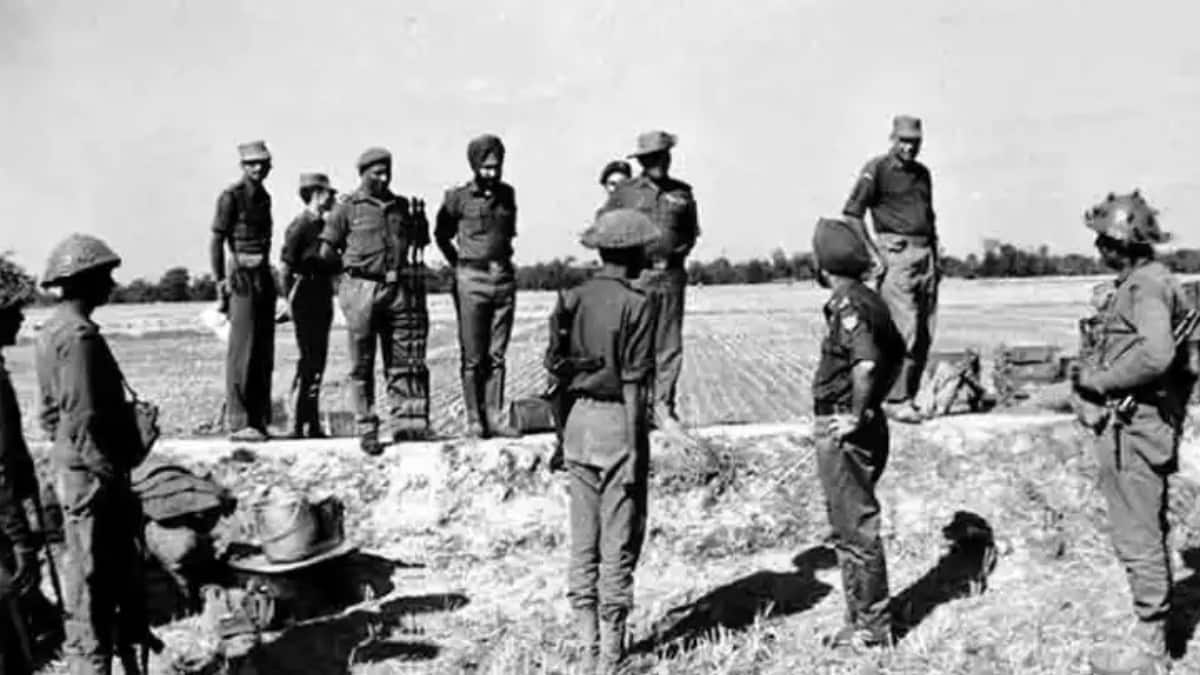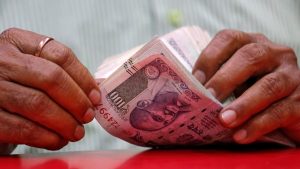Vijay Diwas: Commemorating India’s Historic Triumph and Sacrifice in the 1971 War
Vijay Diwas, observed on December 16 each year, commemorates India’s triumph over Pakistan in the 1971 war, an event etched in history as a testament to valor and sacrifice. This annual celebration is a solemn acknowledgment of the Indian armed forces’ victory and a heartfelt tribute to the brave soldiers who defended the nation during those 13 pivotal days.The significance of Vijay Diwas lies in the historic events of December 16, 1971, when General Amir Abdullah Khan Niazi, the chief of Pakistani forces, surrendered to the joint forces of the Indian Army and Bangladesh’s Mukti Bahini. This surrender marked a turning point, signifying not only India’s victory but also the largest military capitulation since the end of World War II.
The backdrop of the war traces back to a rebellion in East Pakistan against the Islamabad government. Atrocities committed by Pakistani forces against Bengalis and the minority Hindu population in East Pakistan triggered a humanitarian crisis. Responding to this, then-Prime Minister Indira Gandhi decided to support East Pakistan, providing refuge to millions who fled the atrocities. The war officially commenced when Pakistan launched air strikes on 11 Indian airbases on December 3, 1971.The aftermath of the conflict was profound. The war led to the birth of Bangladesh, marking the formal independence of the region that was once East Pakistan. More than 3,800 Indian and Pakistani soldiers lost their lives during this intense period. Vijay Diwas is also observed in Bangladesh as ‘Bijoy Dibos,’ celebrating the country’s liberation from Pakistan.India’s decisive victory was not without diplomatic implications. The Shimla Agreement of August 1972 saw India releasing 93,000 Pakistani prisoners-of-war. However, the agreement faced criticism for not addressing the longstanding conflict over Kashmir, with some suggesting that India could have utilized the prisoners as a bargaining chip.



